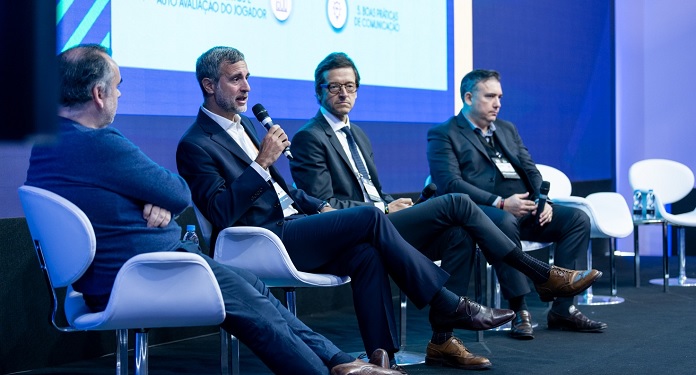BiS SiGMA Americas continued its vast program this Friday, the 16th, in São Paulo. The 2023 edition achieved full prominence in the Latin American industry, offering growth ideas for the entire online gaming and sports betting segment in the region, in addition to excellent networking opportunities.
The exhibition brings together the largest and most recognized platforms in the sports betting, casino, eSports segments, among others, providing meetings between these providers and participants from around the world.
The conference continues until Saturday, the 17th. The iGaming Brazil portal is covering everything that is being debated in the auditoriums between specialists, professionals in the segment, executives, politicians and personalities in the sector.
Below, follow the main topics addressed in the first four panels this Friday:
Panel: Pillars of responsible gaming in Brazil
Luiz Gustavo Zonca (iGaming consultant), Fernando Saffores (Gaming News), Pedrão Bet (Aposta Online), André Gelfi (IBJR) and Ricardo Magri (EBAC) participated in the first seminar of this second day of BiS SiGMA Americas.
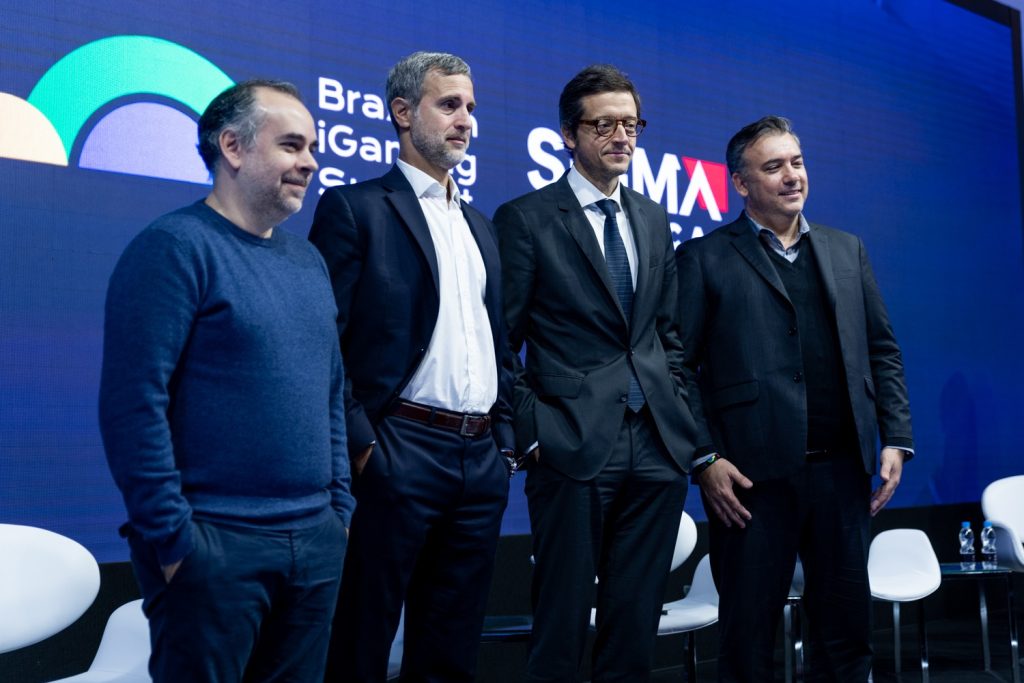
Fernando Saftores opened the conversation, highlighting how communication can help promote responsible gaming and create a fair market. “Communication is also one of the important points for the sector. Clear and transparent communication is necessary”, adding that the media must collaborate to disseminate correct information about the sector in Brazil, LATAM and throughout the world.
André Gelfi, from the Brazilian Institute of Responsible Gaming, pointed out that the “most effective way for us to permeate responsible gaming policies is through regulation. We, as stakeholders and key players in the sector, have to take care to preserve the market”.
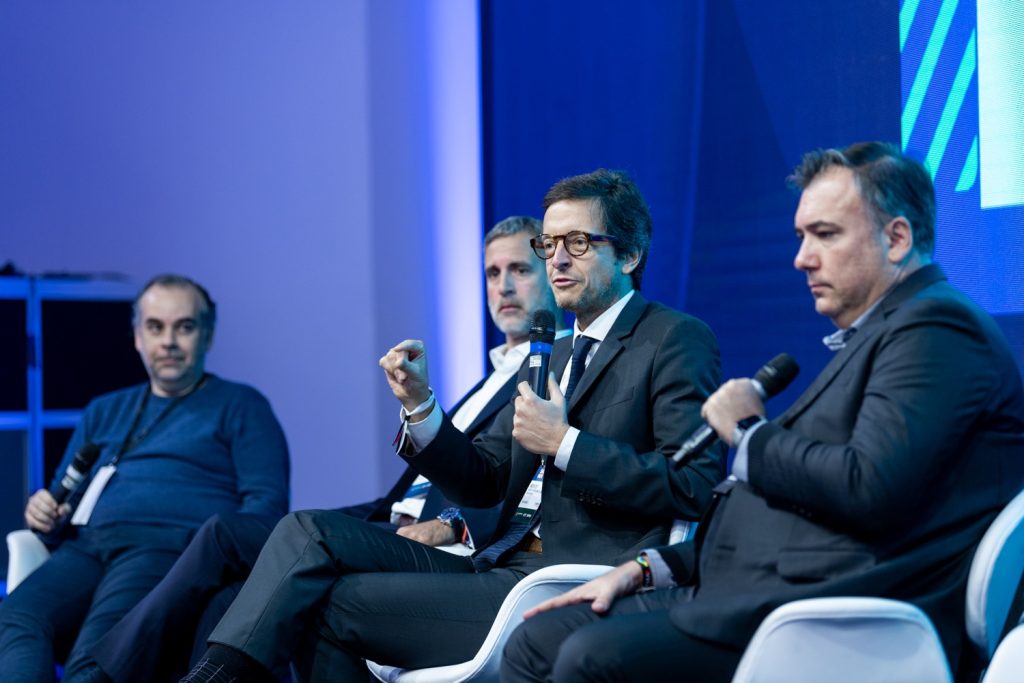
“The institute [IBJR] understands that responsible gaming has several ways of dealing with it so that the [gaming] environment is responsible. We have to take the necessary precautions so that betting advertising does not reach the wrong audience”, continued Gelfi.
For Ricardo Magri, conscious companies should impose responsible gaming as a priority. After all, it is essential that bookmakers follow basic criteria to promote a safe environment that preserves the integrity of bettors.
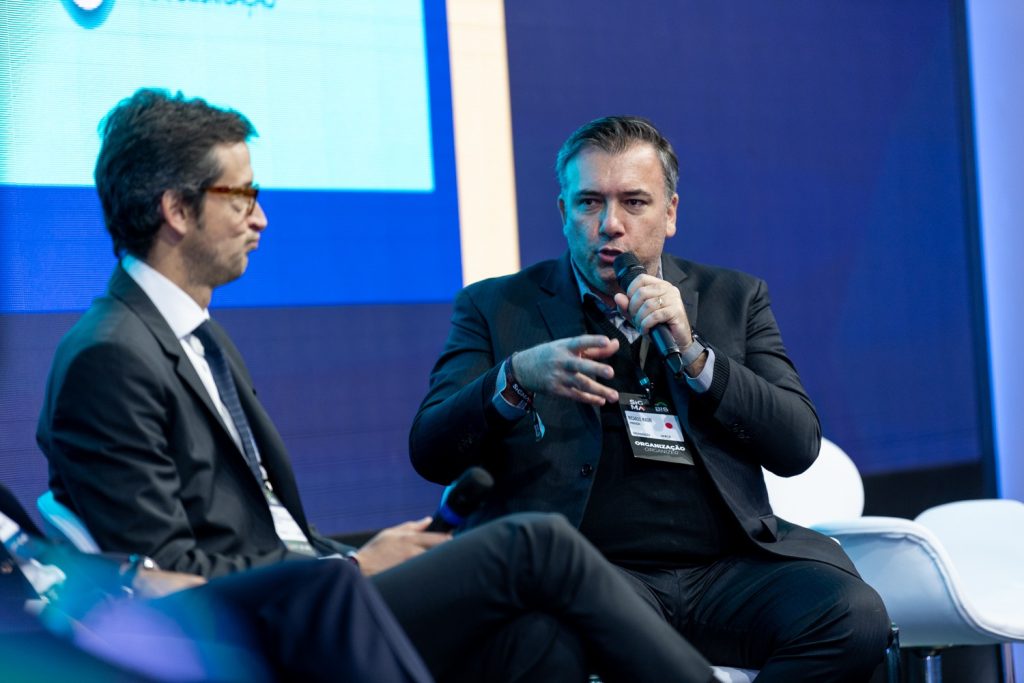
“The main thing is the relationship with the entire environment. You have to explain which are the correct environments for the sector to work”, pondered Magri.
According to Luiz Gustavo Zonca, the sector needs to be careful with the media. “Today we have the field surrounded by bookmakers. The press is starting to understand what this sector is. .
Panel: How does compliance contribute to innovation in games?
The roundtable focused on compliance for innovation in the iGaming industry was composed of Luiz Felipe Maia (Maia Yoshiyasu Advogados), Camila Caresi (Pay4Fun), Tony Petrov (Sumsub) and Pedro Feitosa.
Luiz Felipe Maia started the debate by talking about what compliance is, basically, as a set of good practices and rules and how it is able to help the sector in terms of innovation.
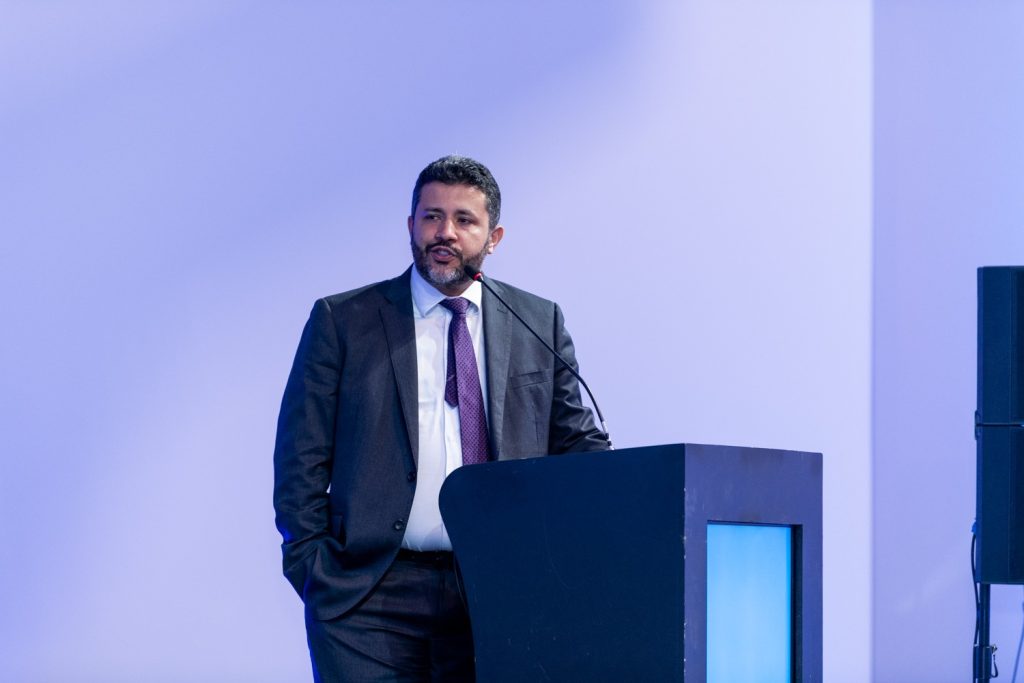
According to Camila Caresi, “compliance is not a bureaucracy bias but a control bias”. She stressed that compliance has a lot to add regardless of regulation, but with adequate regulation it could strengthen security and management of the Brazilian market.
“The first step is to get to know the sector effectively in order to apply all good practices correctly”, said Camila.
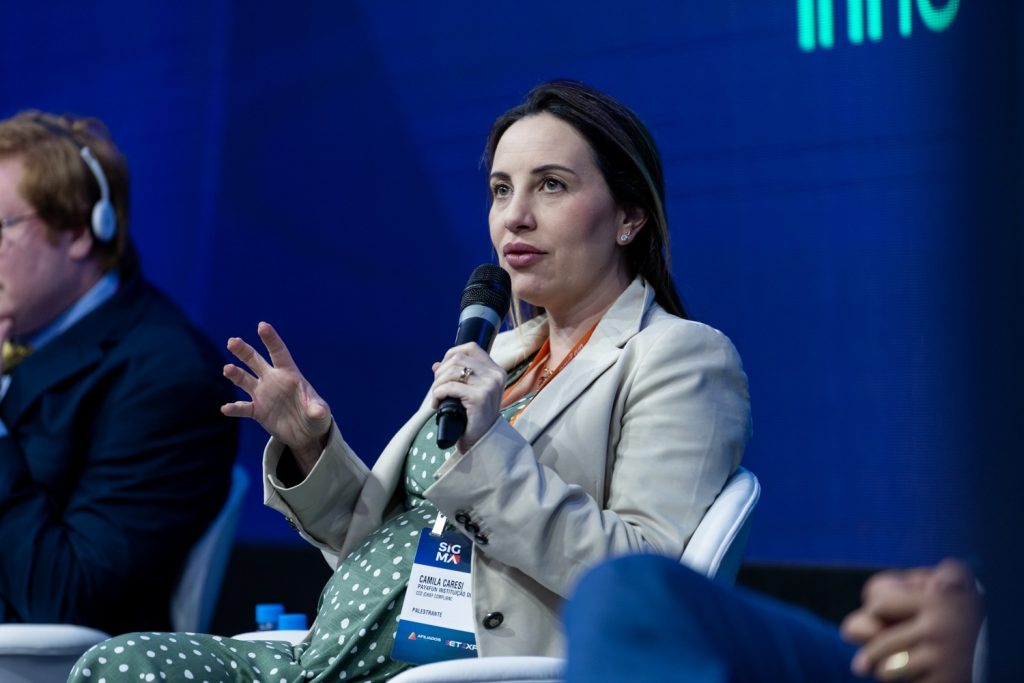
Pedro Feitosa, in turn, commented that compliance will provide “a direction for companies and the market, but it will also help the end user. It serves precisely to bring legal certainty, ethical standards and fundamental rules. Compliance has a lot to contribute to the entire market and companies in general”.
Regulation and security
Tony Petrov pointed out that the situation is changing, as some countries are moving to regulate the gaming industry. He also enumerated the differences between regulatory bodies around the world and how they can help in the application of good practices. “I don’t see any problems here, everything is on the table and we have to start using it”.
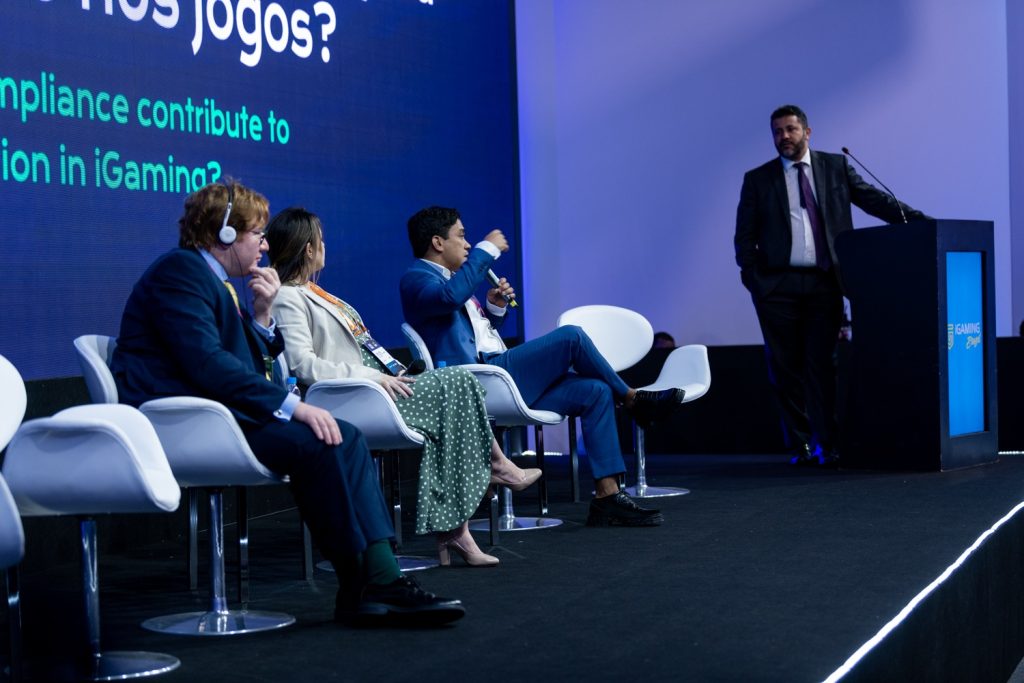
Feitosa declared that the Brazilian is very focused on agility, having positive and negative points in this context. “Better re-education is needed,” adding that the end user needs to understand the motives behind each compliance step. And the lack of this type of initiative can facilitate the manipulation of results.
Petrov also mentioned the importance of platforms investing in mechanisms to confirm the identity of their players. “It is important for betting platforms to have verified users. Not only for compliance or security, but also because they have relationships with affiliates”, he concluded.
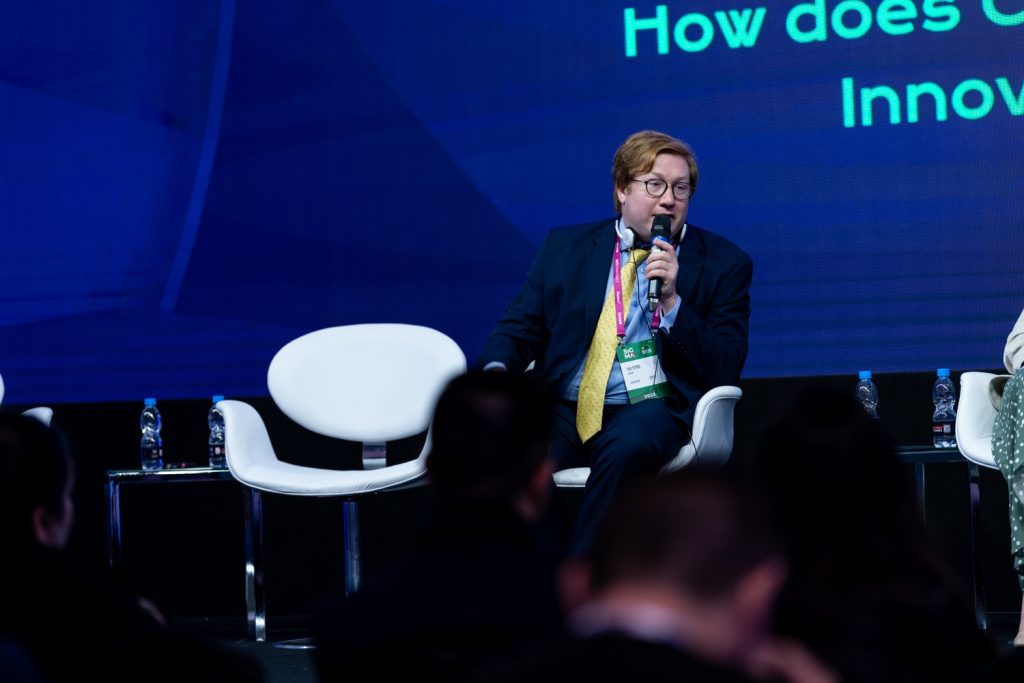
Lecture: Connecting culture – the right way
Clinton Sparks, from XSET, gave a talk on strategies to build a quality audience and connect the product. “You have to think ‘outside the box’ to make a difference.”
He explained how to understand the culture of his audience in order to achieve the company’s objective. “It all starts with understanding your audience’s culture. You need to keep that in mind when you’re building your audience,” he added.
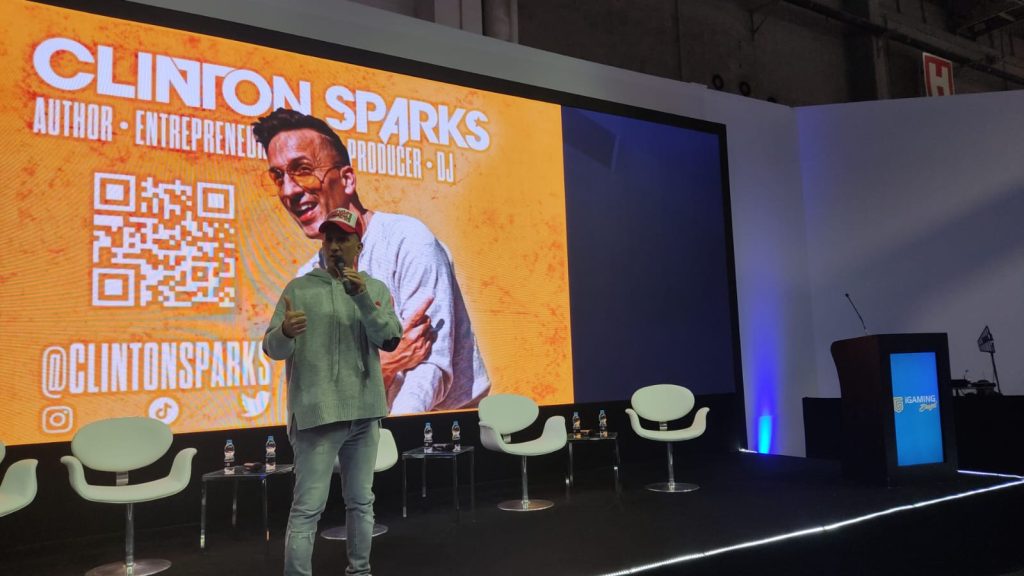
According to Sparks, the ideal is to address how the end user feels, making the process natural as an “invitation” to the company’s product.
Panel: Player behavior and data analytics to drive more results for operators
The panel involving Natália Nogues (Ctrl+F5), Eliane Nunes (Salsa), Rafael Plastina (Sporttrack), Rodrigo Cambiaghi (Sportradar) and Thomas Carvalhaes (VaideBob) ended the first stage of activities this Friday.
Natália Nogues was responsible for initiating the debate. She stated that data is essential for formulating quality strategies and for bringing operators closer to end users and acquiring new customers.

Thomas Carvalhaes took the opportunity to explain how data can be exploited in the commercial aspect. “Data itself is very important, but it is not the only important thing when formulating a marketing and commercial strategy. There are several parts to consider when thinking about data analysis: how to consider the culture of the audience, demographics, etc”.
Regarding communication and sponsorship campaigns, Rafael Plastina said: “Using sport as a communication platform is nothing new. Today, a sponsor is working”.
For Eliane Nunes, the data flow works between product technologies and operators. “More important than having the data is seeing this data and understanding how it can bring results. We have a culture of immediacy, something faster, and being in control”.

Carvalhaes addressed how data can be used for customer retention. “Customer retention is extremely important to make sense for the bookmaker, I need to be able to retain the player”, highlighting that key data must be used to develop a retention strategy, using CRM tools and even Gamification.
Cambiaghi told a little about the work carried out by Sportradar. “All of Sportradar’s work is about the product. It is necessary to think about long-term retention campaigns and strategies”.
Data and indicators of the Brazilian public
Eliane gave her view of the aggregators regarding the data and indicators of the Brazilian public. “With the pandemic, iGaming took off. It is necessary to work on the integration of the online medium with this street technology, the machines”. And he added: “the mantra of localization is customer service”.
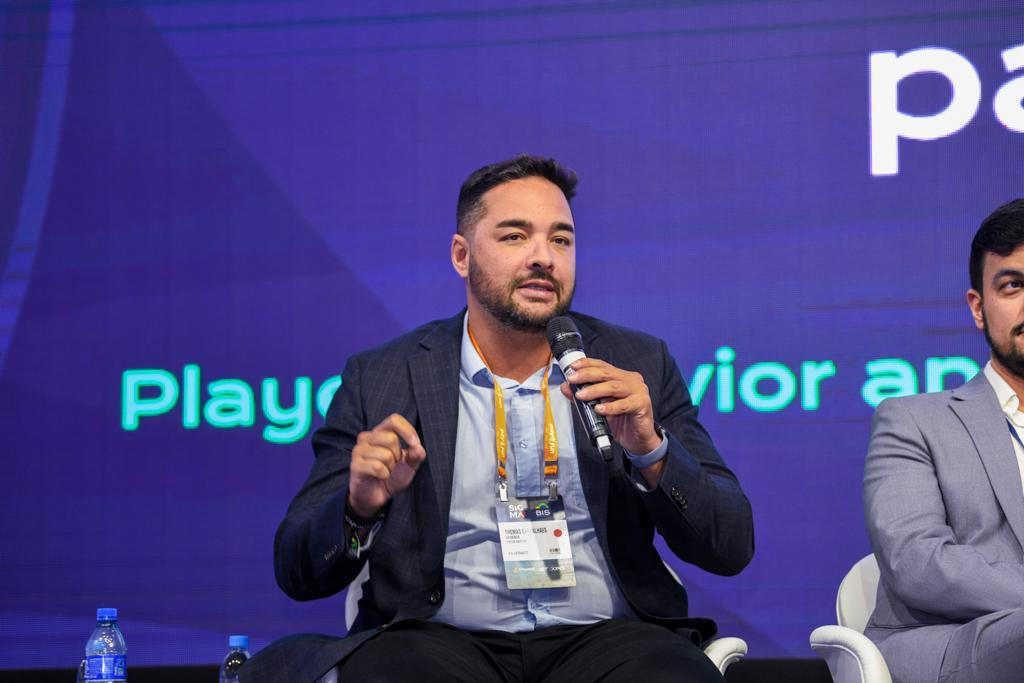
Finally, Carvalhaes fired: “Regardless of regulation or not, Brazil is growing. The market is imposing itself and it is necessary to understand this scenario”.
































